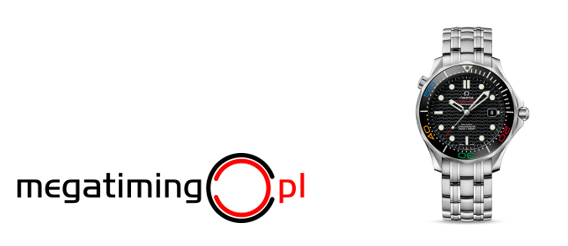Lack of knowledge of foreign European alphabets leads to likelihood of confusion
On 14 July 2021 the General Court (The Court) issued a decision in a matter between Cole Haan LLC (Cole Haan) and the Danish clothing company Samsøe and Samsøe Holding A/S (Samsøe and Samsøe) in the case T-399/20. The Court found the trademark applied for by Cole Haan consisting of the letter ‘Ø’ from the…

